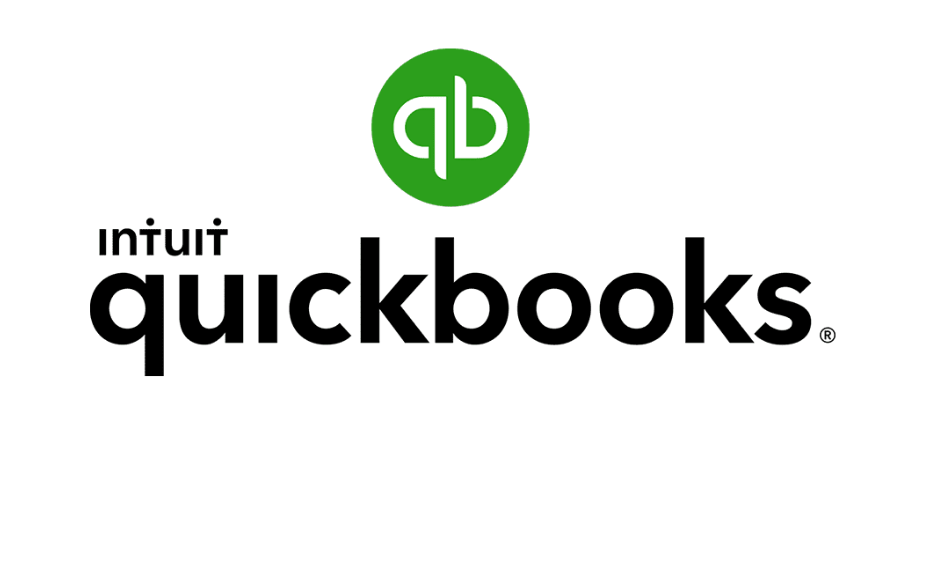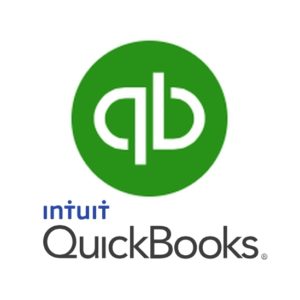We have finally reached the fourth quarter of 2020.
2020 has been a year like no other, especially for small businesses. Tax deadline changes, COVID restrictions, added tax laws…it’s hard to keep up with it all.
AK Burton, PC specializes in helping our small business clients keep up with their taxes. Is October the time to think about taxes? Yes. Now is the time to get in touch with your CPA if you have had an abnormal business year and plan how to close out 2020.
As you and your accountant begin the tax taking a look at your small business taxes, keep in mind these five biggest mistakes people make in small business tax preparation:
- Misclassifying employees and independent contractors: Misidentifying a person as a contractor and not as an employee will lead to penalties and interest for non-payment of the employer share of employment taxes. The business must give every employee a W-2, and every contractor that was paid more than $600 gets a Form 1099-Misc.
- Failure to pay “reasonable wages” to shareholders of an S-Corporation: The IRS states that for the 1120S income tax return that “Distributions and other payments by an S corporation to a corporate officer must be treated as wages to the extent the amounts are reasonable compensation for services rendered to the corporation.” The shareholder plays an active, day-to-day role in the business, so, they are an employee and have to be paid a market-based salary for that position.
- Missing valid deductions or overstating business expenses: If your business expenses exceed its income, you may get the unwanted attention of the IRS. All of your business expenses need to be considered. IRS rules are quite strict on home office expenses as whatever is used for business should not be used for any other purposes than business. The IRS is “generous” when it comes to some Schedule C expenses. Be sure to use the depreciation schedule that the IRS has for deducting business equipment, business vehicles, and buildings. ***
- Improperly mixing business and personal expenses: This is one of the most common business tax filing mistakes of all. Many business clients co-mingle their personal and business banking accounts. “Co-mingling” your personal and business checking accounts makes it hard to distinguish which expenses are tax-deductible. Please keep personal income and expenses out of business bank accounts.
- Failure to plan: Tax laws can be complex. Most business owners are too busy running their company to understand all of the tax law nuances. A CPA or tax attorney is experienced in these matters and can help the business properly manage their accounting and business processes. Tax advice can help businesses take advantage of their resources and avoid unwanted consequences that may unknowingly occur due to the complexity of the tax laws. If you are about to incur an unusual financial transaction such as a large asset purchase or sale that is not an ordinary part of your business activity, contact your CPA to discuss the tax implications of the transaction. There may be unforeseen and unexpected tax consequences.
At A.K. Burton, PC, our specialty is assisting small business clients with their taxes. We are familiar with the tax laws and can advise our clients on being proactive in their tax planning for now and the future. Call us at (301) 365-1974 for a consultation. Our office is open! We serve Bethesda, Rockville, and Montgomery County. MD area.
*** You can find the IRS Depreciation Form 4562 here.









 According to www.businessdictionary.com it is a “Systematic examination and verification of a firm’s books of account, transaction records, other relevant documents, and physical inspection of inventory by qualified accountants (called auditors). Quality control: Periodic (usually every six months) onsite-verification (by a certification authority) to ascertain whether or not a documented quality system is being effectively implemented.
According to www.businessdictionary.com it is a “Systematic examination and verification of a firm’s books of account, transaction records, other relevant documents, and physical inspection of inventory by qualified accountants (called auditors). Quality control: Periodic (usually every six months) onsite-verification (by a certification authority) to ascertain whether or not a documented quality system is being effectively implemented.